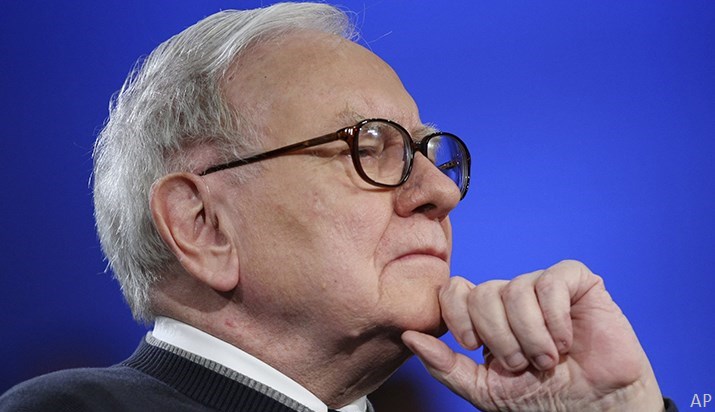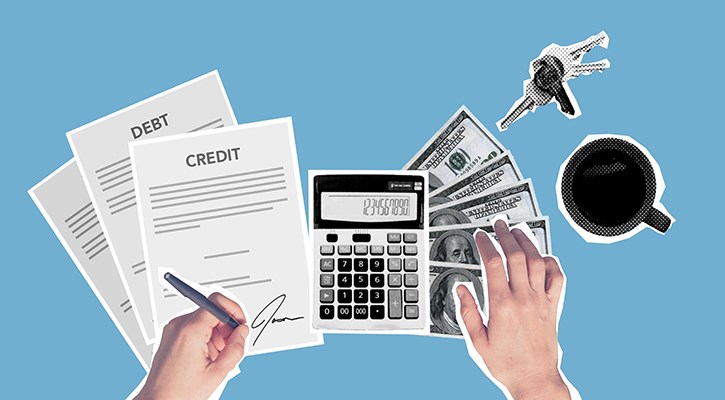
It's the sort of casual conversation we all have at least once in our lives: what would I do if I won the lottery? For many people, it's a dream scenario. But a sudden windfall calls for some careful financially planning.
The odds of winning the lottery are just 1 in 45 million but, as they say, you’ve got to be in it to win it. Imagine the lottery ticket you recently bought got you a £10 million prize! Amazing right? After you realise you have just become very rich, what are the appropriate steps to take and make sure you manage that money properly?
Suddenly, all the hypothetical things you talked about almost like a joke are becoming more affordable. But before rushing out and spending that money on a Ferrari or a yacht, maybe you should pause and think (you may do that on a nice trip though). Here are some things to consider if you were to win the jackpot:
Repaying Your Debts Might Be a Mistake
Some people might be tempted to clean off their debts. Rushing to pay off some loans might not be as high a priority as you think though, especially if those debts are covered by insurance and can be put lower on the list of priorities.
“There is a temptation to ‘clean your balance sheet’, but most of the time, some debts, like your mortgage, are insured. There is no need to pay them down”, says Elisabeth Watripon, an independent financial adviser (IFA) based in France.
We recently covered the question of whether it is better to pay down your mortgage or invest in the stock market, for example, and the right decision is determined by your risk tolerance and what will best help you to sleep at night.
The Big Questions
Before making any big financial decision, some basic questions need to be answered sooner rather than later. And most of them will depend on how old you are. "The age and the current and future financial needs of a Lottery winner should define his financial planning”, says Pierre Lebret, an IFA based in Rennes, France.
“When you are 30 years old, life lies ahead usually with different financial objectives: housing, building an estate, stop working. When you are 60, your needs revolve more around getting regular income, but you also need to thing about wealth transmission, protecting your partner, and if you have kids, help them and secure their future financially speaking”, he adds.
Any Lottery winner wondering how to spend their cash needs to consider what their spending priorities are and, crucially, how long the money needs to last. Watripon adds: “One central question is how to organie the future transmission of your wealth, something you should think about rather sooner.”
A Wider Spectrum of Options
Unexpectedly receiving loads of money will give you access to a wider range of financial options. For instance, you now have the possibility to invest into alternative asset classes such as hedge funds, private equity, or consider venture capital, if you are not risk adverse, which are typically off-limits to anyone who is not considered a “high-net worth” investor.
Of course, the greater the choice you have and the more risk you have the potential to take, the more important it is to seek advice to avoid making a misstep
“The more money you have, the more freedom you have to segment assets and risk. And based on your age and risk acceptance, you may add more risk in your allocation, especially if you are young”, says Lebret.
Make Sure You Understand the Products
One simple rule here: always make sure you understand the financial products you are offered. If you’re not able to get an explanation in plain English that could be understood by someone who is not financially literate, then pass.
We’ve written recently about how to get the most out of your financial adviser and that anyone who relies on jargon and complicated explanations of financial products should be a red flag.
And every time you read the prospectus of any financial instrument, don’t just look at the return it is supposed to deliver. Remember, returns are very rarely guaranteed.
Some private banks might be eager to tempt you with structured products, promising higher returns in a low yield environment. But those products usually carry higher fees.
Lowering your fees is always a good way to improve returns and this is why many experts recommend using a low-cost broad-market passive fund at the core of your portfolio.
Risk and Return
Another popular saying is that greater risks lead to greater returns. As famous investor Howard Marks, founder of Oaktree Capital, says: “If riskier investments could be counted on to produce higher returns, they wouldn’t be riskier.”
You may want to think like Warren Buffett: “The first rule of investing is not to lose money; the second rule is to not forget the first rule.”
So what should lottery winners do?
- Don’t rush to spend money.
- Don’t rush paying back debts, especially if they are insured.
- Your age is a very important factor – consider how long your money needs to last. Consider long term planning, in terms of transmission (protect your loved ones), the income you want to generate and what you want to bequest.
- Invest only in things you can easily understand. If it’s too complex, just pass.
- Pay attention to fees.
- The most important rule of investing: don’t lose money (which means think in terms of capital preservation and diversification).
- Become smarter and keep on educating yourself.





























